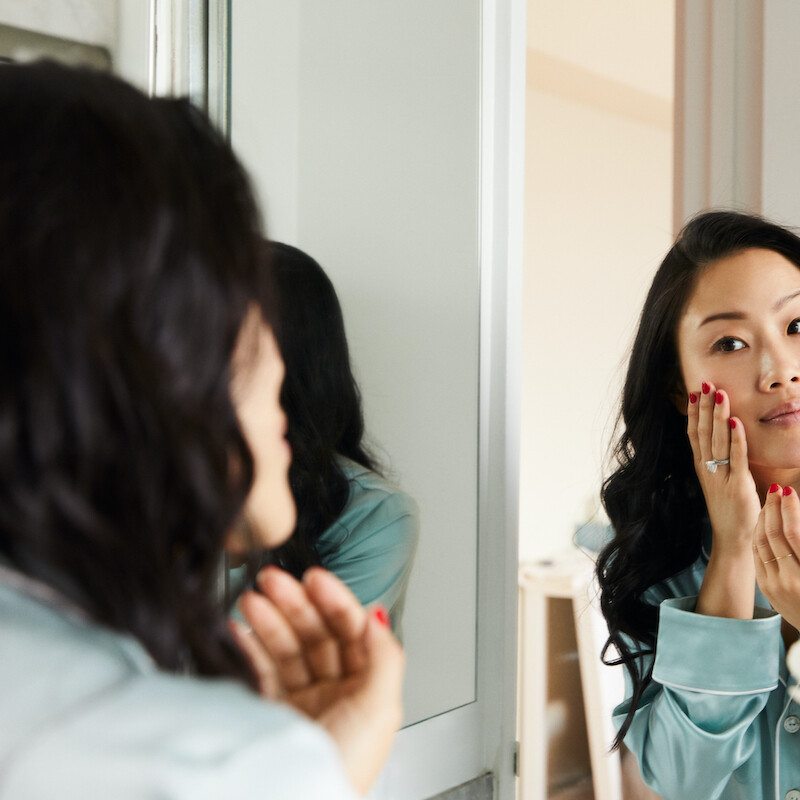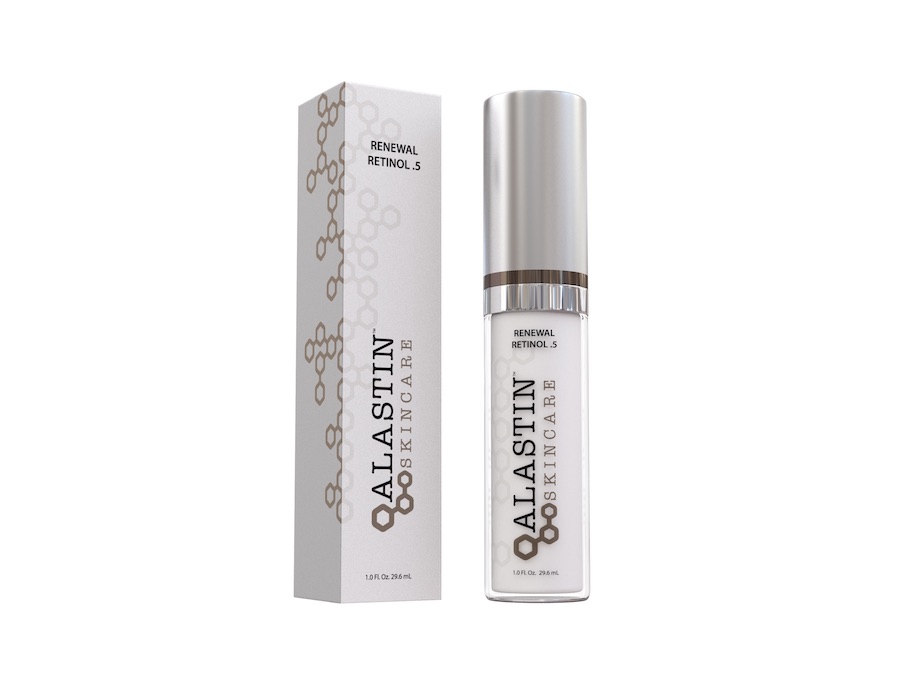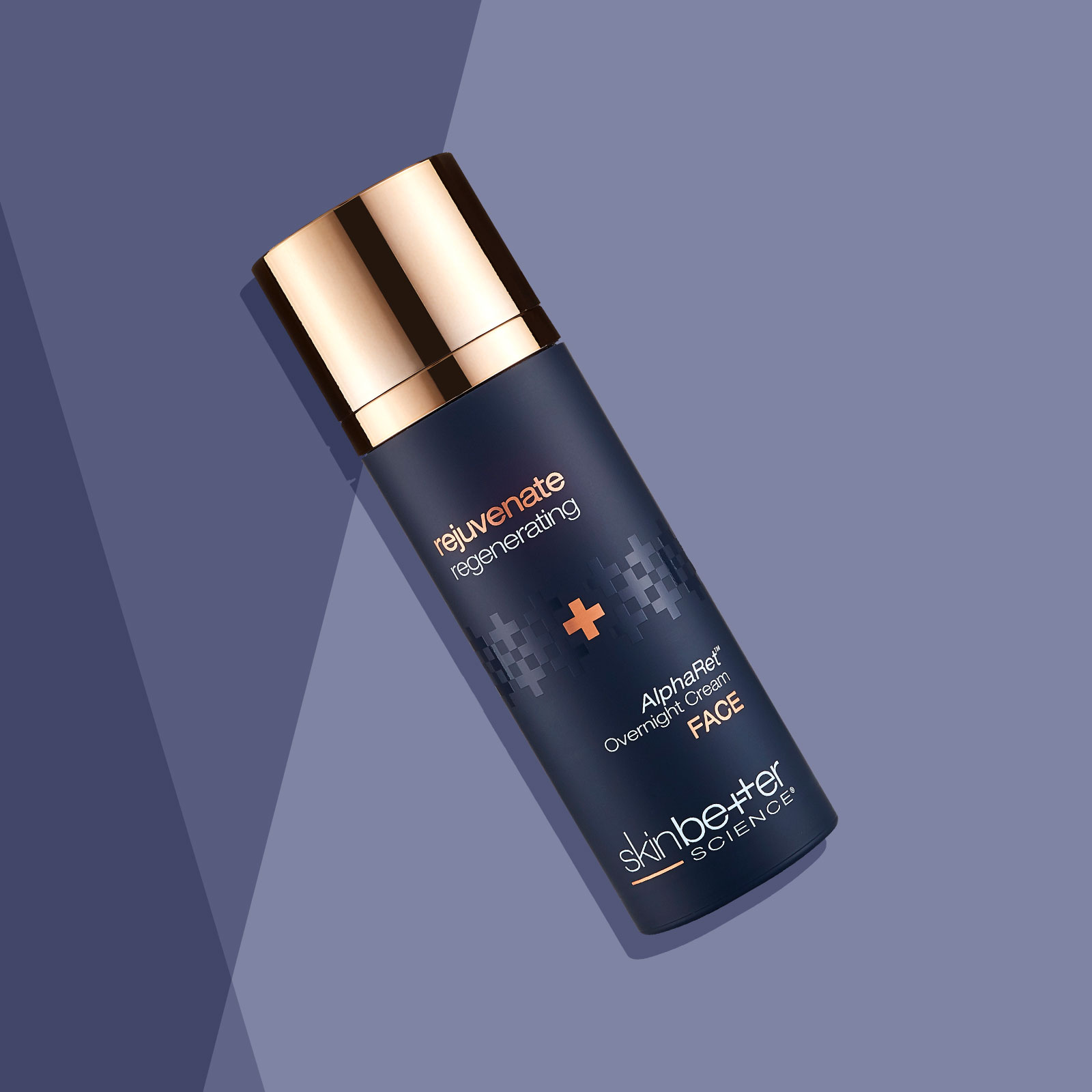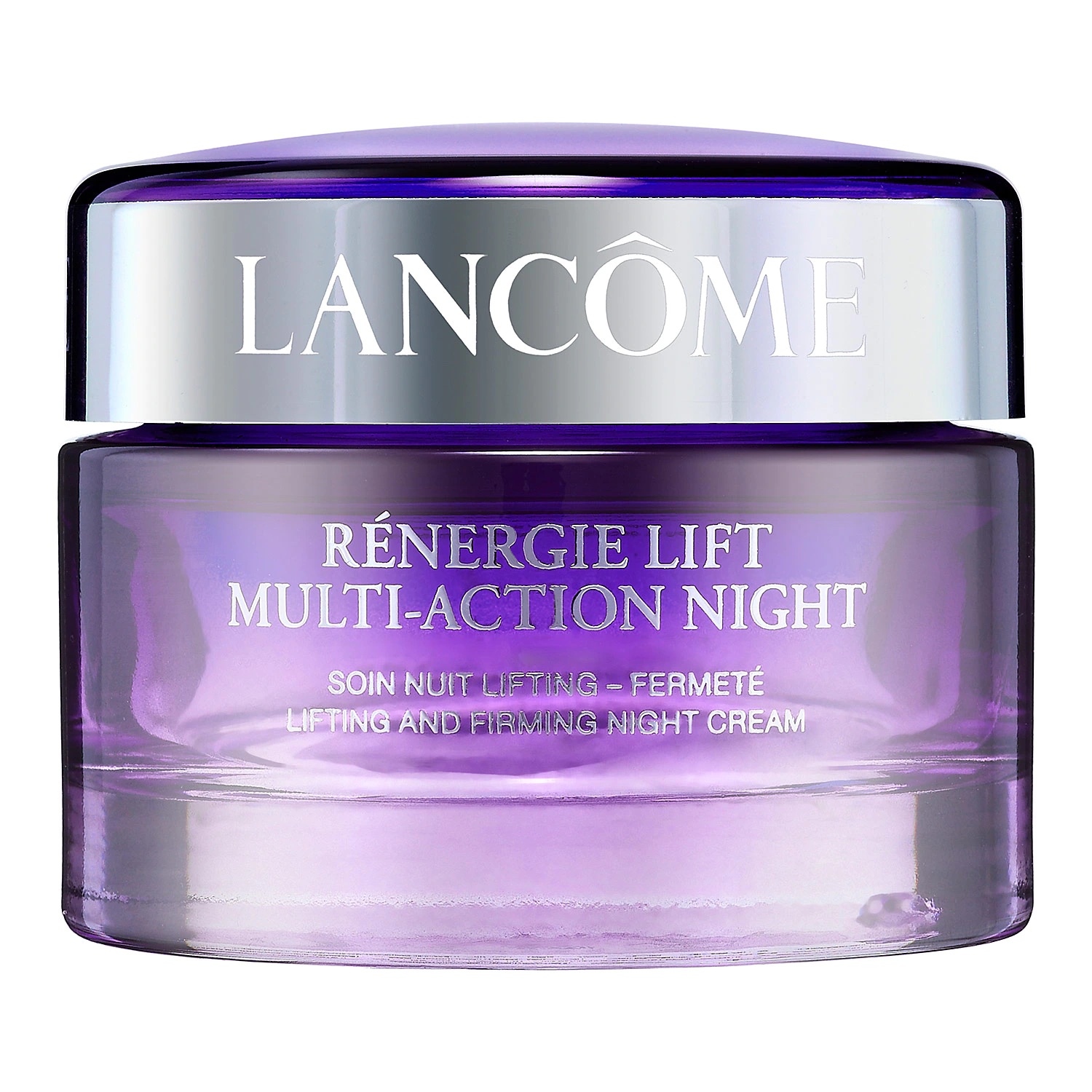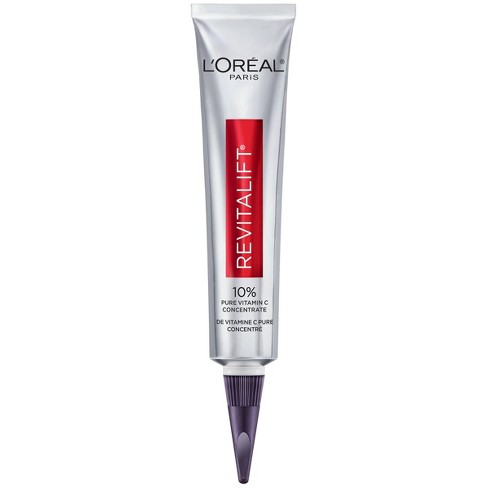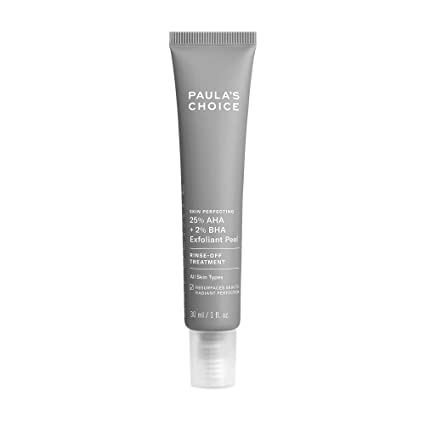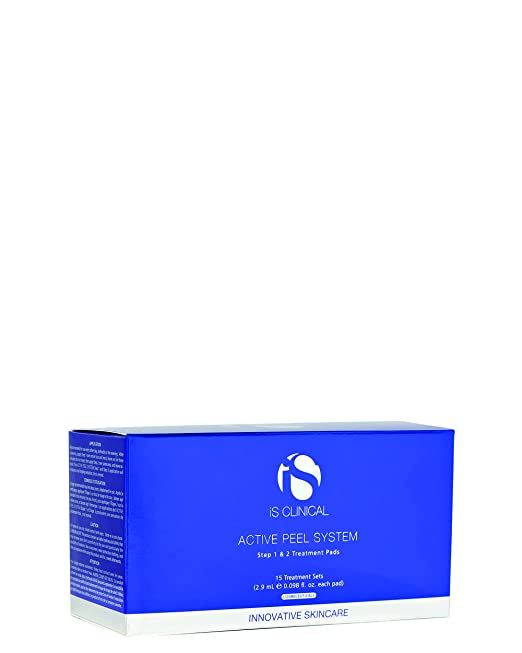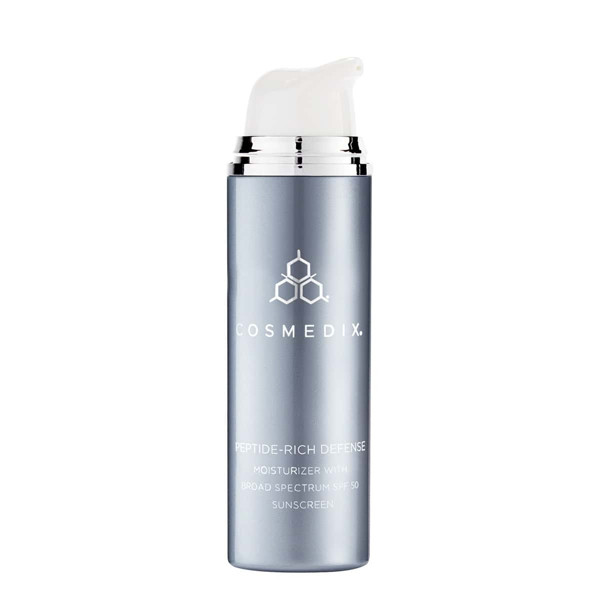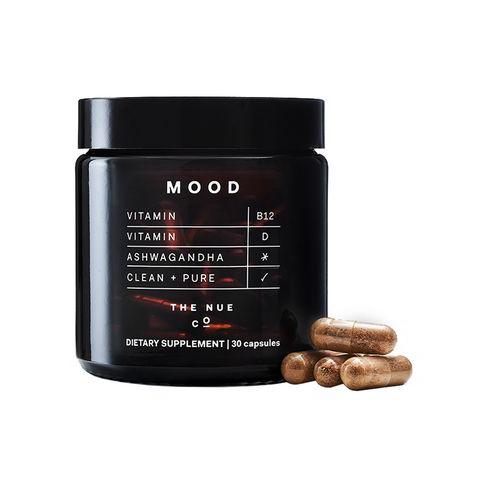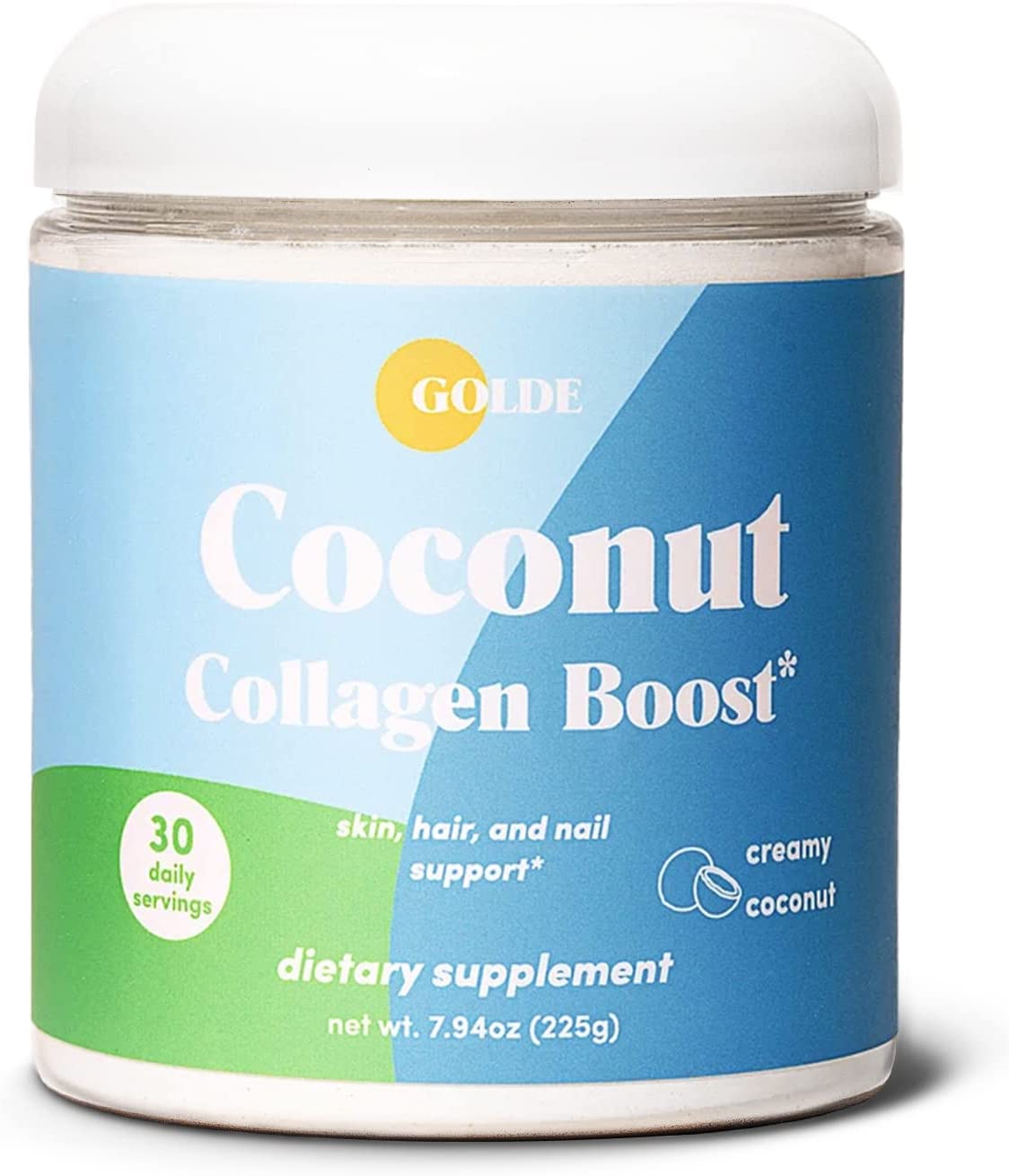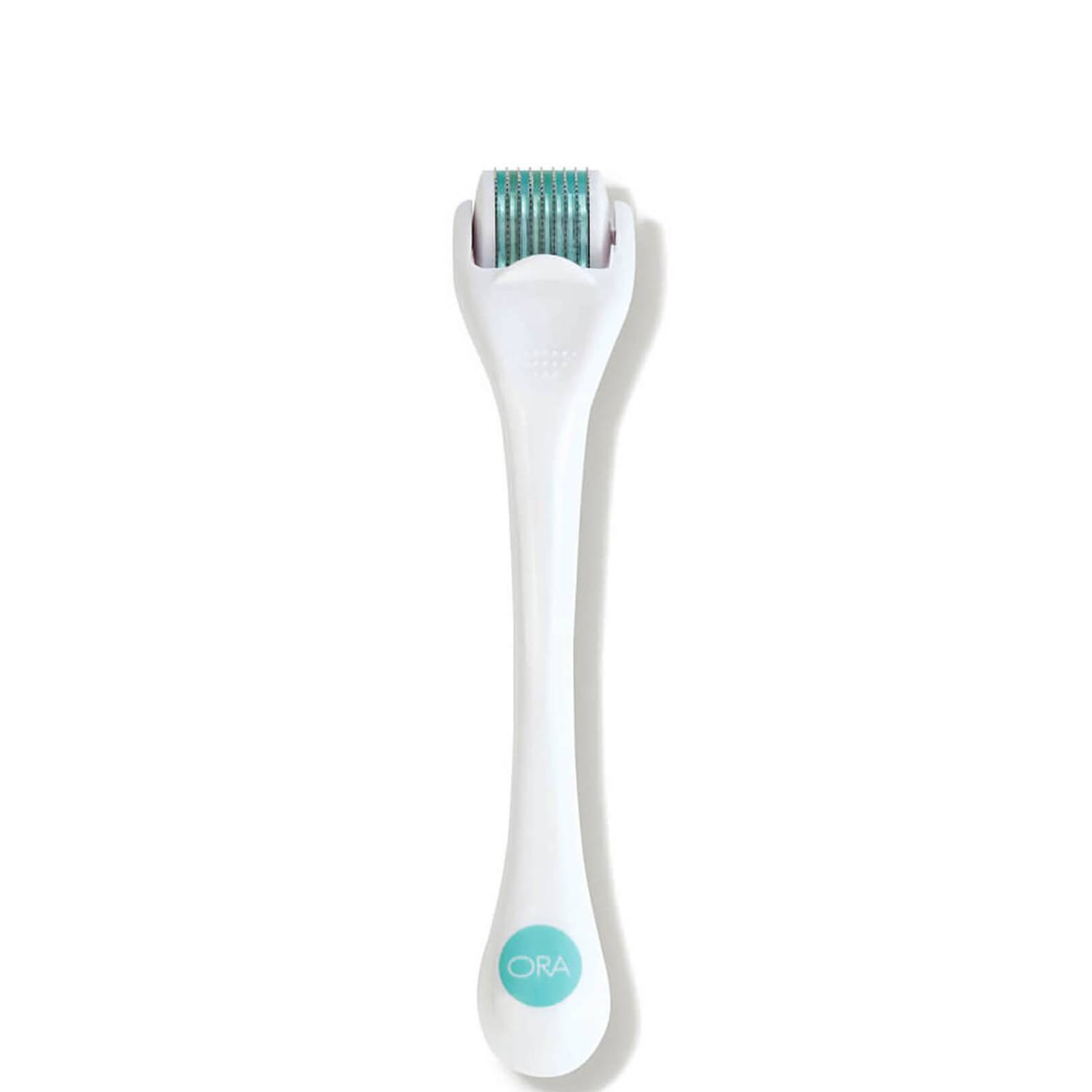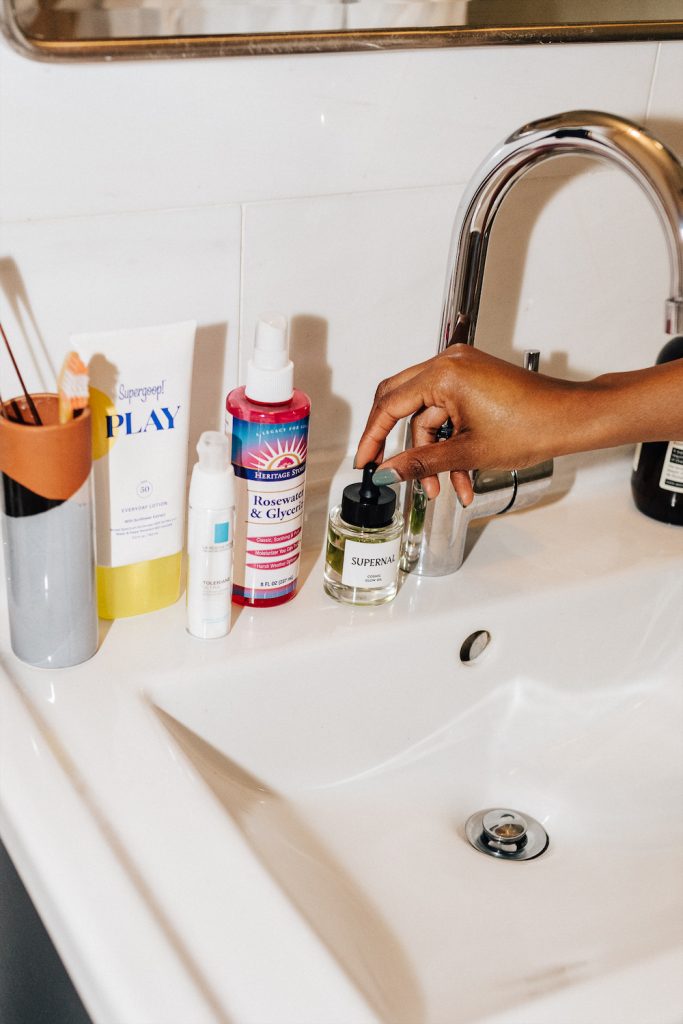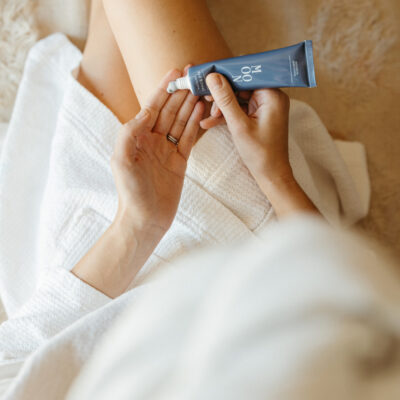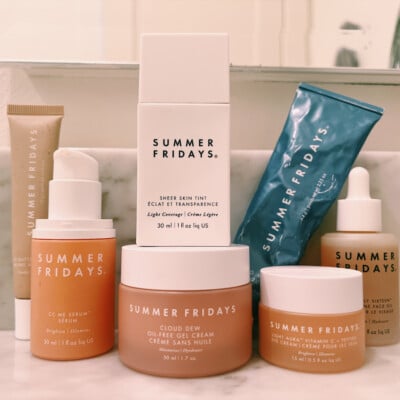My social media algorithms know me too well. At this point, they’ve adjusted to showing me an endless stream of skincare videos. I get them all: the dermatologist myth busters, the surgical pimple poppers, and, of course, the best product ratings and reviews. But my absolute favorites are the ones of skincare-obsessed mothers giving facial massages to their babies. Yes, really—and they’re all unbelievably cute. What’s more, they also make me wonder what my skin would look like now if I’d also been introduced to gua sha at only a few months old. While I can’t go back in time to retrieve the plump, dewy, baby skin of my youth, I am doing as much as I can to learn how to improve skin elasticity while still taking preventative measures.
The first step before making any change to your skincare line-up? Research. On a mission to get that baby-plump skin, I’m diving deep and learning all I can about skin elasticity. Turns out, the two factors that impact skin elasticity are collagen and elastin. Together, both are responsible for keeping your skin smooth and tight.
Feature image by Winnie Au.


Both collagen and elastin are proteins in our skin. Collagen is a protein that structures and supports your skin, but elastin is about a thousand times more flexible, making it responsible for your skin’s ability to bounce back. Elastin is made of formed of peptides, fibroblasts, and amino acids, and, unlike collagen, it’s a super resilient protein that doesn’t start to degrade until we’re about 74 (!!). However, elastin does get weaker, and its changeability is what sets your skin in wrinkles and grooves over time. Both are also impacted by environmental stressors like UV exposure pollution. As we get older, our bodies produce less and less of each protein while damage accumulates, all leading to wrinkled, sagging skin.
In my quest to preserve a youthful visage, I consulted Dr. Michelle Henry, a dermatologist based in New York City. She talked me through the range of treatments, products, and supplements that can help keep skin looking youthful. Read on for her dermatologist-approved recommendations for promoting collagen and elastin production.

Michelle Henry, MD, is a board-certified dermatologist and Harvard-trained Mohs surgeon. She provides exceptional care for her patients at Skin & Aesthetic Surgery of Manhattan in the Midtown East neighborhood of Manhattan, New York City. Her areas of expertise include high-risk skin cancer treatments, aesthetic surgery, and treating skin of color, and she specializes in Mohs micrographic, reconstructive, and cosmetic surgery.
What influences skin elasticity?
Your skin starts to lose its natural elasticity as collagen levels start to deplete. According to Dr. Henry, there’s only so much we can do about the way our skin looks. “Elasticity is influenced by genetics and lifestyle choices,” she says. “Some things that may reduce one’s skin elasticity is excess UV exposure, as the free radicals created by UV light in pollution can damage the skin’s elasticity and collagen.” Though we can’t do much about our genetics, we can prevent environmental factors from doing further damage to our collagen supply.


What are natural ways to increase skin elasticity?
One of the crucial building blocks to healthy skin is—you guessed it—a healthy life. So while it may be annoying to hear yet another beauty blog tell you to just drink water, there is some wisdom in the adage. Diet can also impact your skin, says Dr. Henry.
“Having a diet full of healthy fats like walnuts, salmon, avocado, and hemp seeds are great protective options to reduce the breakdown of one’s elastin. Other foods that may work as antioxidants like citrus foods can contribute significantly. Foods that are rich in vitamin C and amino acids can aid in increasing levels of hyaluronic acid and collagen.”
What ingredients help increase skin elasticity?
If you want to hold onto your collagen, the first rule is to never forget your sunscreen (the second rule is to never forget to reapply throughout the day). Dr. Henry emphasizes the importance of leaning on sunscreen to maintain skin elasticity.
For other nourishing, skin-plumping ingredients, Dr. Henry recommends peptides and retinol above all else. “Peptide-containing creams can also stimulate both collagen and elastin. Retinol-containing products may also play a role in stimulating collagen and elastin.”


The Best At-Home Treatments to Support Skin Elasticity
Beyond eating healthy and wearing sunscreen, there are at-home rituals you can incorporate into your routine to promote tighter skin. The easiest solution is to try skincare ingredients that include collagen and elastin-boosting ingredients. Dr. Henry recommends using retinol and serums that have been clinically proven to improve skin elasticity. Studies have also shown that dietary collagen supplements are an effective way to boost skin firmness and elasticity. For even more intense at-home firming, you can invest in tools that mimic professional treatments like micro-needling or light therapy.
“One of my favorite products to improve skin elasticity is Alastin,” recommends Dr. Henry. And that’s because it works. “They have robust studies showing that it does indeed improve skin elasticity.” Adding a vitamin A supplement has been proven to increase elastin production by up to 300%. This one from Alastin specifically targets elastin to stimulate firmness.
Skin Better Science AlphaRet Overnight Cream
Dr. Henry also recommends this Skin Better Science retinol to intensely stimulate collagen and elastin production. Made with the power of scientific research, it combines a high-strength retinoid with AHAs to provide visible skin rejuvenation with little-to-no irritation. It’s also packed with antioxidants to protect skin from environmental stressors.
Lancôme Rénergie Lift Multi-Action Night Cream
According to Dr. Henry, this Lancôme night cream is another great product to improve skin elasticity. It combines elastin-stimulating ingredients with hyaluronic acid to promote elasticity, firmness, and intense hydration for maximum plumpness.
L’Oréal Revitalift Derm Intensives Vitamin C Serum
Another recommendation from Dr. Henry is this serum that “helps protect the skin’s collagen and elastin.” Combining retinol with Vitamin C has been shown in studies to powerfully combat fine lines and increase firmness. Protect your reserves and see visible lifting with this antioxidant-rich serum.
Paula’s Choice 25% AHA + 2% BHA Exfoliant Peel
For a weekly refresh, I love to add a peeling mask to my routine. Using at-home peels in your skincare line-up gradually reduces the appearance of fine lines, while stimulating cell turnover. Opt for one that doesn’t strip or irritate your skin, like this 10-minute mask from Paula’s Choice. 25% AHA blend addresses advanced signs of aging while 2% BHA unclogs and decongests enlarged pores.
Paula’s Choice 25% AHA + 2% BHA Exfoliant Peel, $32 (reg. $40)
iS Clinical 30 Day Active Peel Treatment System
For an even more intense home peel, this 30-day system from iS Clinical will completely transform your skin over the course of a month. Designed to use every other day, it polishes, peels, and protects. Combined, the two steps provide controlled exfoliation using powerful yet gentle botanical acids with soothing hydration and rejuvenation.
Cosmedix Peptide-Rich Defense SPF 50 Moisturizer
Of course, the best preventative measure you can take is wearing sunscreen. Take it up a notch with this peptide-packed SPF that feeds the elastin in your skin while shielding you from UV rays and pollution.
The Nue Company’s innovative line of products aims to give your body the nutrients you deserve. This blend of hyaluronic acid, grass-fed hydrolyzed collagen, and aloe vera works to brighten and soothe the skin from within.
Implementing daily collagen supplements can be easier said than done. If, like me, you find it hard to remember to take your daily supplements, use this Golde collagen powder as a vegan creamer for your morning beverage— whether it’s a smoothie, a coffee, or matcha.
ORA Microneedle Face Roller System Advanced Therapy
This gentle at-home tool mimics the effects of professional micro-needling on a smaller scale. Use it to help serums and other products penetrate more deeply while promoting collagen and elastin production and evening skin texture.
Professional Treatments for Skin Elasticity
For many people, professional treatments are the best way to improve skin elasticity. If you’re already struggling with fine lines, looser skin, and loss of firmness, there are restorative treatments designed to reduce the appearance of visible aging. For preventative skincare, there are also treatments you can get semi-regularly to keep your skin youthful by maintaining the strength of your elastin, repairing sun damage, and stimulating collagen production. There are a wide range of options, so consult a dermatologist to figure out which might be right for your goals.

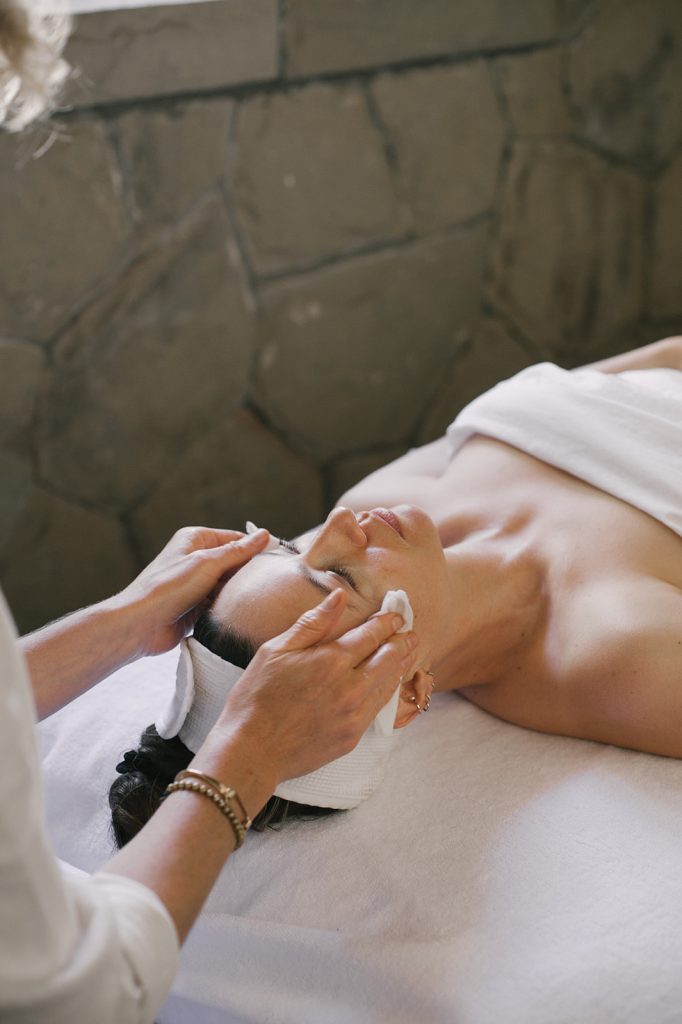
Micro-Needling
“My favorite product treatment for skin elasticity is micro-needling, particularly micro-needling with radiofrequency,” says Dr. Henry. “In my office, I find that I’m able to stimulate the most robust collagen using this modality.”
Compared to at-home micro-needling, a professional can penetrate the skin deeper without harming the dermis. It’s a good fix for addressing texture and firmness without adding extra heat to the skin—which, for some, could exacerbate pigmentation. This is also a good treatment to add for preventative anti-aging, as its immediate results are less visible than its changes to texture and tone.
Chemical Peels
For more immediate, visible results to your skin tone, texture, and elasticity, try a professional peel. Unlike the kind you can use at home, professional peels contain high concentrations of acids to completely remove the top damaged layer of skin. Used for pigmentation and fine lines, most chemical peels take a few days to reveal a new, younger-looking layer of skin. They also deeply penetrate the skin to stimulate future elastin and collagen production. You can even choose the level of strength you want, depending on your age and skin concerns.
Injectables
As filler becomes more common and more popular, people are becoming increasingly aware of all it can do. Filler is more than just a quick-fix for plumper lips. Injectable dermal filler using poly-L lactic acid actually has some of the best and longest-lasting anti-aging results. It stimulates collagen production and lifts your skin without surgery or downtime.
You can also get injected with hyaluronic to moisturize your skin, improve elasticity, and increase collagen production. By injecting hyaluronic acid, you replenish your body’s natural reserves and facilitate its high water-binding capacity to visibly improve firmness.
Hormone Replacement Therapy (HRT)
One option, especially during menopause, is HRT to increase estrogen in the body. Studies have shown that “skin aging can be significantly delayed by the administration of estrogen.” The different types of hormone therapy include: transdermal estrogen, transdermal estrogen combined with vaginal progesterone, and oral estrogen combined with vaginal progesterone. The estrogen and progesterone present in HRT help to slow down some of the effects of the aging process, keeping your skin elastic, and your muscle tone firm.

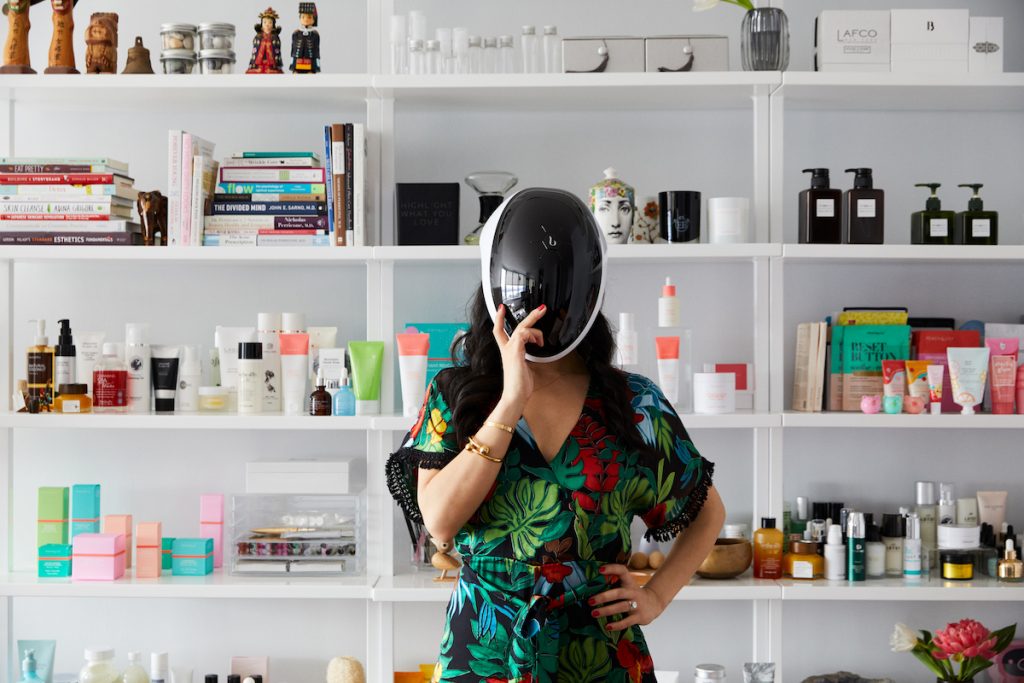
Laser Treatments
Many types of laser treatments have been proven to be effective at targeting skin elasticity. Lasers work by using radiofrequency technology to deliver targeted heat below the skin’s surface, kickstarting the skin’s natural collagen and elastin production. Laser treatments give you immediate results with no downtime. You’ll likely see changes after just one session, but the best results come gradually after 3-6 sessions and last up to three years.
One option is a fractional laser, which works by targeting the top two layers of the skin, the dermis, and the epidermis. By addressing both layers, this treatment offers more comprehensive results. The laser destroys the cells responsible for blemishes in the epidermis and sagging skin in the dermis.
Fractional lasers have been proven to work even better when combined with intense pulsed light therapy (IPL). On its own, IPL has a strong impact on skin tone and a regenerative effect on collagen deposition. Together, the two produce an abundance of new collagen and greatly improve skin texture.

